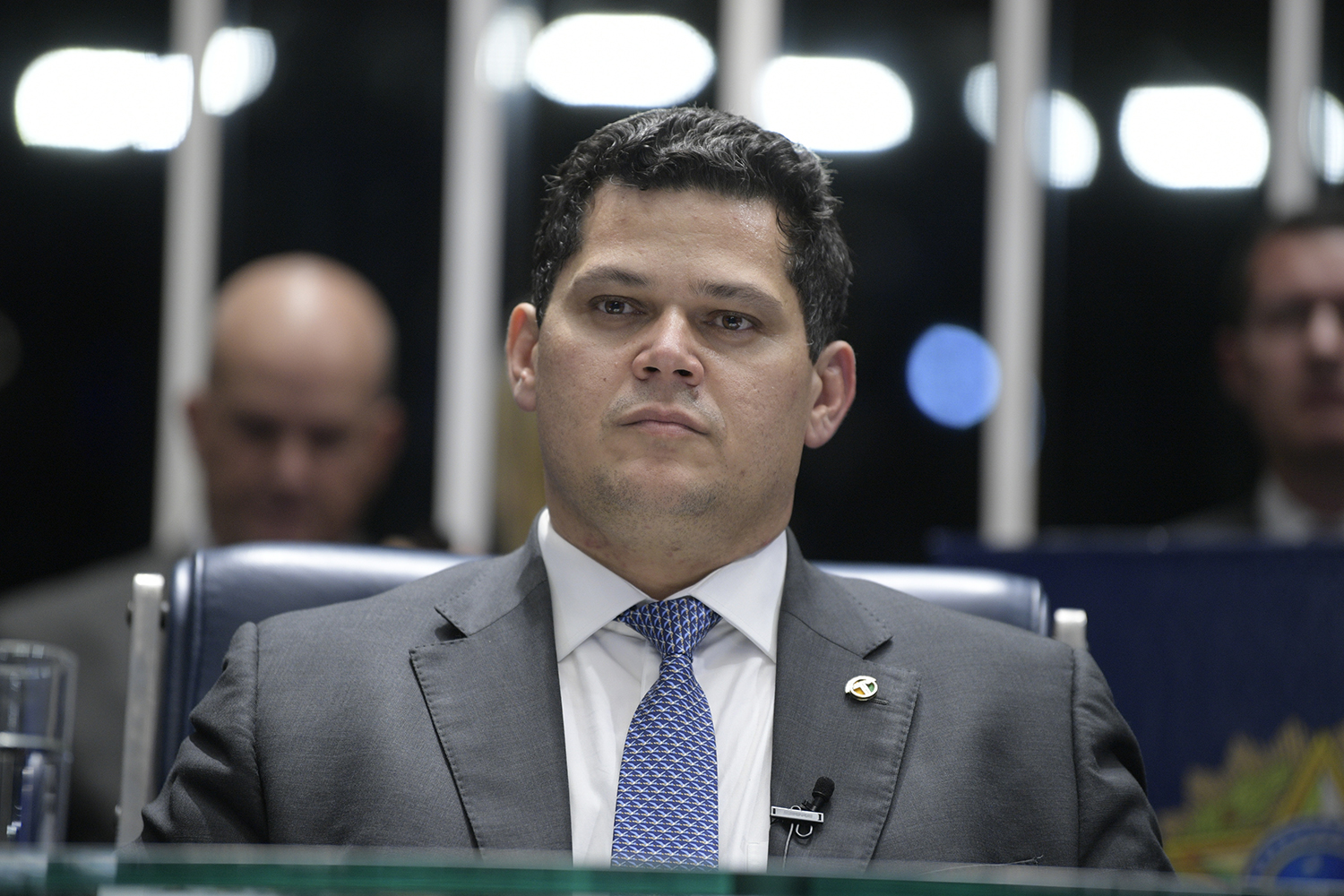RIO DE JANEIRO, BRAZIL – The all-important Social Welfare reform still needs to go through a second round of voting in the Chamber of Deputies, but the majority of legislators in the Senate are in favor of the proposal changing the rules for retirement in Brazil. The Welfare Score, drawn up by Estado newspaper, shows 42 “yes” votes, even before the text reached the Upper House.

The number represents more than half of the senators, but it is still seven votes below the 60% minimum — 49 Senators — required for the approval of an amendment to the Constitution (PEC).
Estado interviewed legislators last week when the lower house was still analyzing the so-called highlights (suggestions for changes to the primary text). Of the total, fifteen senators asked to speak only when the text reached the Senate, and eleven said they were against the Social Welfare reform the way it was passed in the Chamber. Seven could not be reached, one was undecided, and four did not wish to answer.
Among the 42 senators who expressed their support for the text, including states and municipalities in the new rules is a common argument. As the text stands, the reform sets a new minimum age for retirement — 65 for men and 62 for women — which will be effective for those entering the labor market.
The new age will apply both to private sector workers and federal public servants. However, after amendments in the Chamber of Deputies, the state and municipal civil service was left out.
Parallel Proposed Amendment to the Constitution
If the senators alter the text, the proposal needs to be returned to the Chamber — which would disrupt the government’s desire to enact it during Homeland Week, in early September. To prevent the delay, an agreement is being drawn up so that the inclusion of states and municipalities and any subsequent changes may be introduced through a parallel proposal, which would then return to lower house scrutiny after being voted on by the senators.

Senator Tasso Jereissati, nominated as rapporteur of the reform in the Constitution and Justice Committee (CCJ) of the Senate, says that the parallel PEC would be a way to meet the desire of the majority of senators for the inclusion of states and municipalities in the reform. According to him, the president of the Senate, Davi Alcolumbre, is in favor of the concept.
Jereissati is rapporteur of a committee set up in the Senate to monitor the reform process in the Chamber. Last week, while the deputies were discussing the proposal, the group met with governors to discuss changes in retirement rules.
For the leader of the PSL in the Senate, Major Olmpio, it is “absurd” that states and municipalities are not included in the text. “This way, Brazil will continue to clean the floor with the tap running,” he says.
For the leader of the PP Party (Partido Progressista) in the Senate, Espiridão Amin, there are only two options: to include states and municipalities directly, or to allow accession by statutes which governors and mayors would propose to municipal and state legislative assemblies. The second option could gain more acceptance, says the president of CCJ in the Senate, Simone Tebet.

